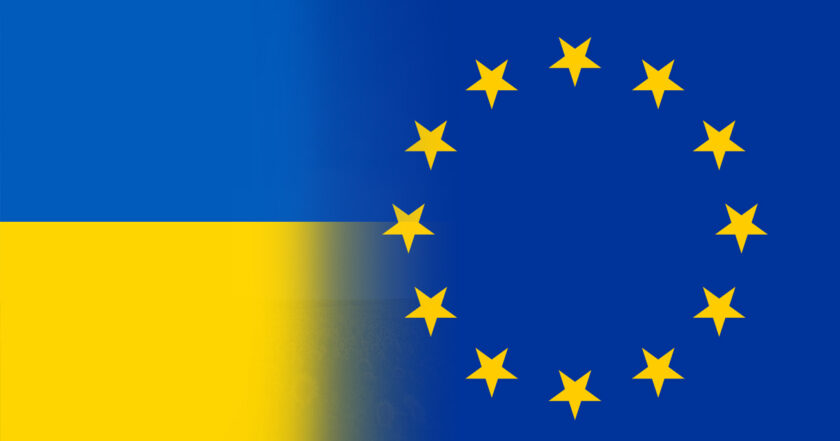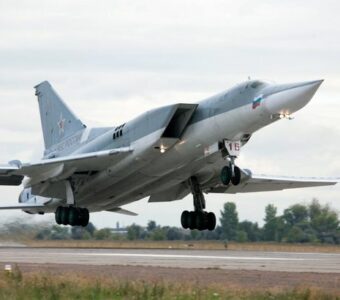Ukraine is criticized in European Parliament's report on implementing Association Agreement: corruption, courts, media

The European Parliament approved a resolution on Ukraine's implementation of the Association Agreement: corruption, which hampers reforms, lack of political will to ensure the independence of the judiciary, and more; Ukraine has been severely criticized.
The resolution was supported by 526 deputies, 79 deputies voted against it, 71 abstained, Interfax reports.
The results of Wednesday's vote in the European Parliament's plenary session were announced on Thursday morning, as the majority of MEPs, because of the restrictive measures imposed due to the coronavirus pandemic, participate via video link and vote by e-mail. The speaker on Ukraine was a member of the European People's Party, Michael Gahler (Germany).
The document provides for several parts: preambles and subsections. The preamble itself comprises 61 paragraphs, which contain criticism of Kyiv, while the report has 9 sections, which include 137 paragraphs.
The preamble states, in particular, that "Ukraine has a European perspective under Article 49 and may apply to join the Union provided it adheres to all Copenhagen criteria and principles of democracy, respects fundamental freedoms, human and minority rights and upholds the rule of law."
As noted, the 22nd EU-Ukraine Summit recognized Ukraine's European aspirations, welcomed its European choice, acknowledged the significant progress made by Ukraine in the reform process, and endorsed the results already achieved in implementing the EU-Ukraine Association Agreement and the comprehensive and profound zone of free trade.
Separately, it refers to local elections, which state that, according to civil society and experts, local party organizations, candidates, and members of election commissions failed to properly prepare for candidate registration, as the Electoral Code was adopted immediately before the election process. The same thing happened to the introduction of top-down control mechanisms that enshrine the principle of an imperative mandate and linking party lists to a minimum of 10,000 voters weakens the democratic nature of elections.
The speaker also focused on the analysis of Verkhovna Rada's work: the pace of legislative activity, especially in the second half of 2019, for the rapid implementation of the reform, promised during the election campaigns, was particularly continuous, sometimes to the detriment of parliamentary control, transparency, and quality of legislation.
Meanwhile, the resolution states that while Ukraine has made significant progress in fulfilling its obligations under the Association and Integration Agreement with the Union, several ongoing reforms need to be completed: in the areas of rule of law, proper governance, and the fight against corruption.
"Despite significant progress, widespread corruption continues to hamper Ukraine's reform process, and the ongoing constitutional crisis threatens the President's and the Verkhovna Rada's ability to reform," the speaker claims, adding that "oligarchs seem to be regaining political influence," and that it should be borne in mind that some additional measures still need to be taken to avoid a setback, with a focus on the judiciary."
The resolution argues that the full potential of reforms isn't realized because of the dynamics of the reform process and related institutional problems and that reforms are also undermined by internal institutional instability and contradictions, lack of clear guidelines, weak capacity, limited resources, and external factors such as pandemics. COVID-19, and the lack of political determination to approve and ensure the full independence of the judiciary and economic institutions and to prevent the selective use of justice.
It also states, based on a recent report by the Office of the UN Commissioner for Human Rights, that Ukraine has made no progress in criminal proceedings for serious human rights violations, probably committed by members of the Ukrainian Armed Forces, and delays and insufficient progress in criminal investigations, associated with the Maidan.
There's also a reference to the recent report of Transparency International, according to which the perception of corruption in Ukraine decreased to the level of 2017.
At the same time, they also consider the fact that support for modernization, removing oligarchy, reform, and the fight against corruption is still very high among Ukrainian citizens, and these expectations must be met without further delay.
They recorded the general situation in security, which worsens the situation in the country as a whole. Ukraine's independence, sovereignty, and territorial integrity within its internationally recognized borders, and its ability to carry out necessary economic and social reforms, are still being seriously undermined by targeted disinformation campaigns, cyberattacks, and other hybrid threats, and because of the unresolved conflict in the country's east, caused by continuous Russia military aggression and occupation of large parts of Donetsk and Luhansk regions, and Russia's ongoing illegal occupation and annexation of the Autonomous Republic of Crimea and the city of Sevastopol, which worsen the human rights situation and impede the country's prosperity, stability, and growth.
It also recalls the position of the EU, which has strongly condemned Russia's ongoing aggression against Ukraine, established and will continue its policy of non-recognition, and continues to apply restrictive measures against individuals and legal entities involved in this violation of international law.
The resolution also recalled the downing of MH17 "in the context of Russia's efforts to undermine Ukraine's territorial integrity", in respect of which the Joint Investigation Team led by the Netherlands confirmed that flight MH17 had been shot down by a ground-to-air missile delivered by the 53rd anti-aircraft brigade of the Land Forces of Russia, based in Kursk.
The resolution also details the war in eastern Ukraine, mentioning the number of Ukrainians killed, temporarily displaced, imprisoned, the humanitarian crisis, the deteriorating human rights situation in both the east and the Crimean peninsula, and the persecution of Crimean Tatars for political motives.
The situation with freedom of the press, the need to "weaken the oligarchs' rigid grip on the media, encourage editorial independence and fight impunity for crimes of violence against journalists" is also mentioned.
"The EP regrets that the country's political climate has deteriorated when intimidation, hate speech, and political pressure are widely used for political purposes; urges the authorities to strongly condemn and ban the activities of extremist and hateful groups and websites, such as Peacemaker who creates tensions in society and misuse the personal data of hundreds of people, including journalists, politicians and members of minority groups," the resolution said.
Besides, situations with gender equality, LGBTI, and Roma are mentioned.
"Implementation of the Association Agreement in the social sphere remains unsatisfactory, as Ukraine has ratified the main international instruments, but still doesn't implement them," the document reads.





















































